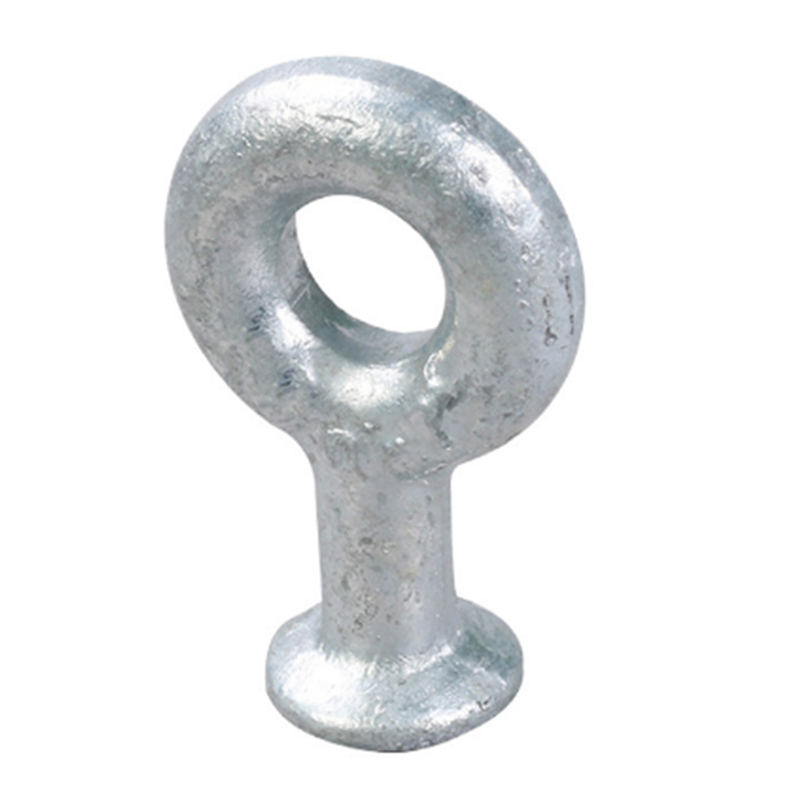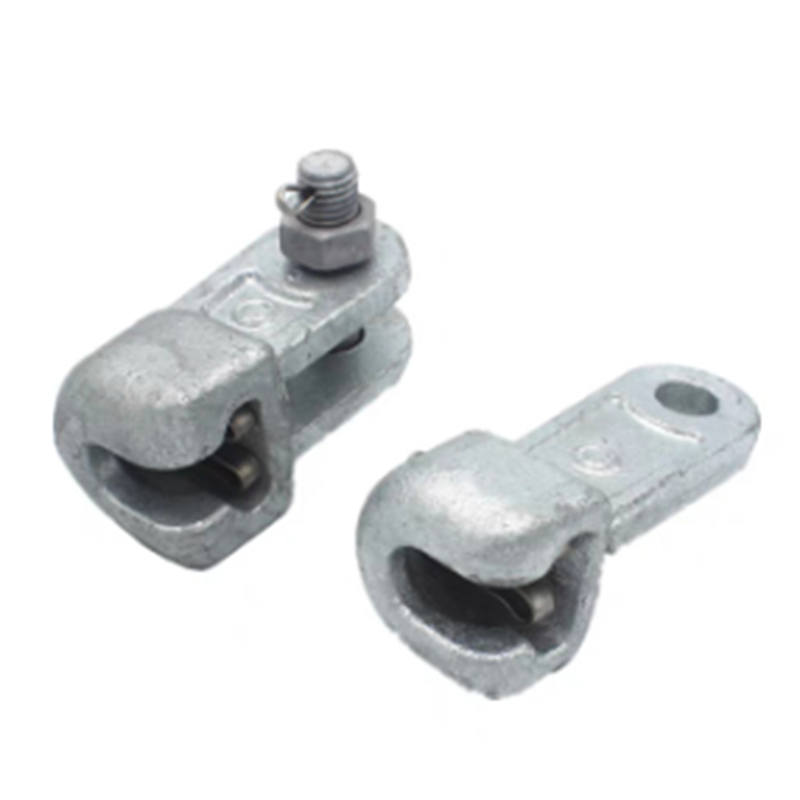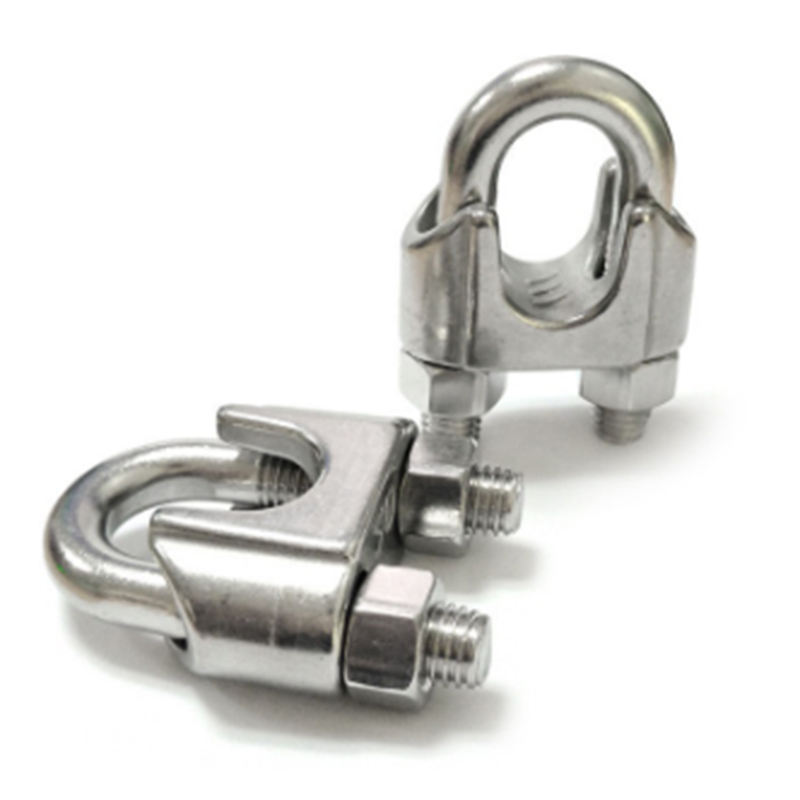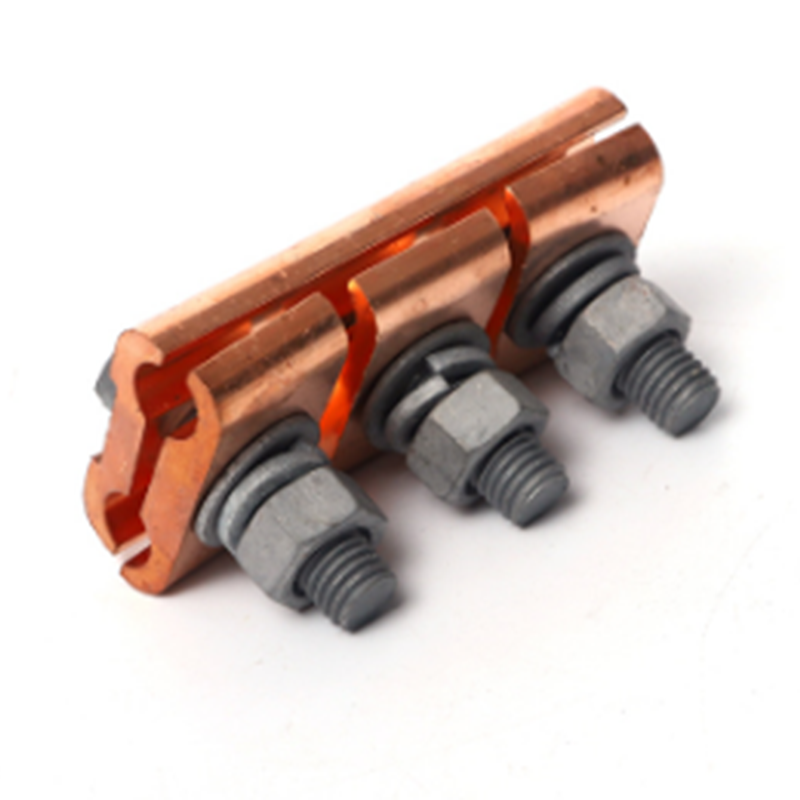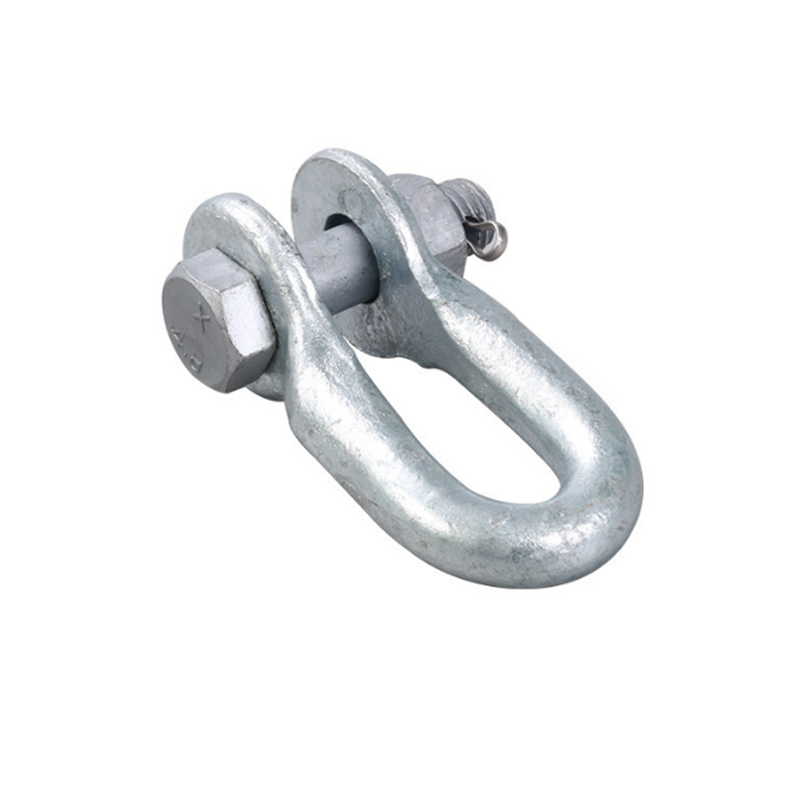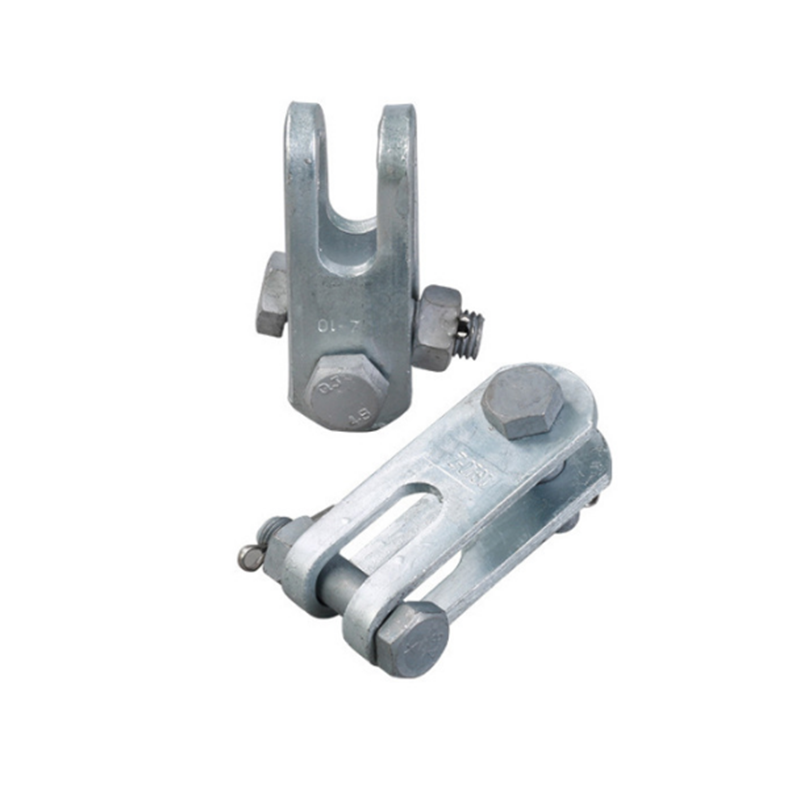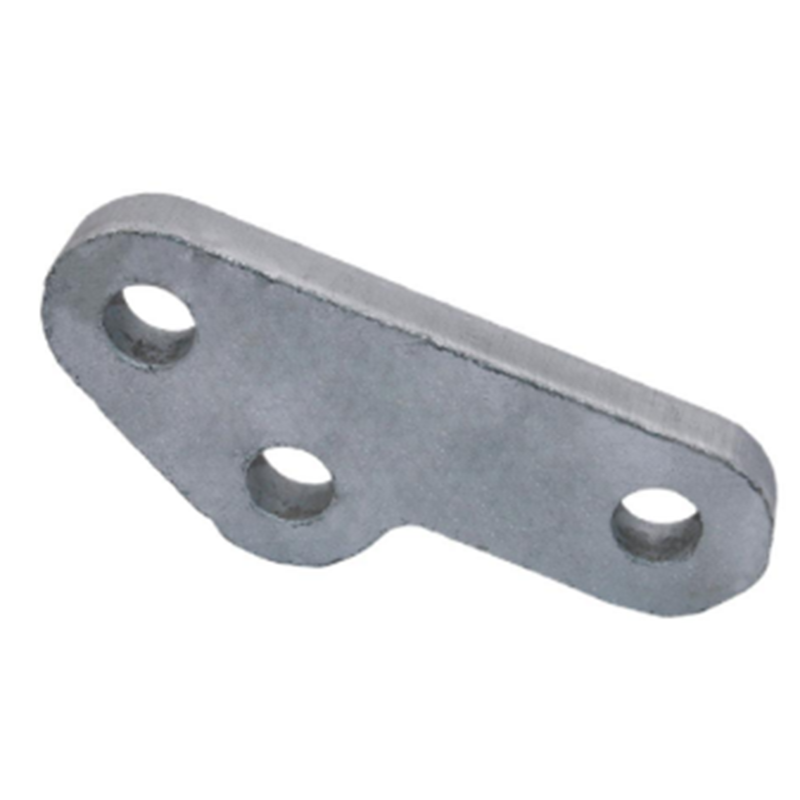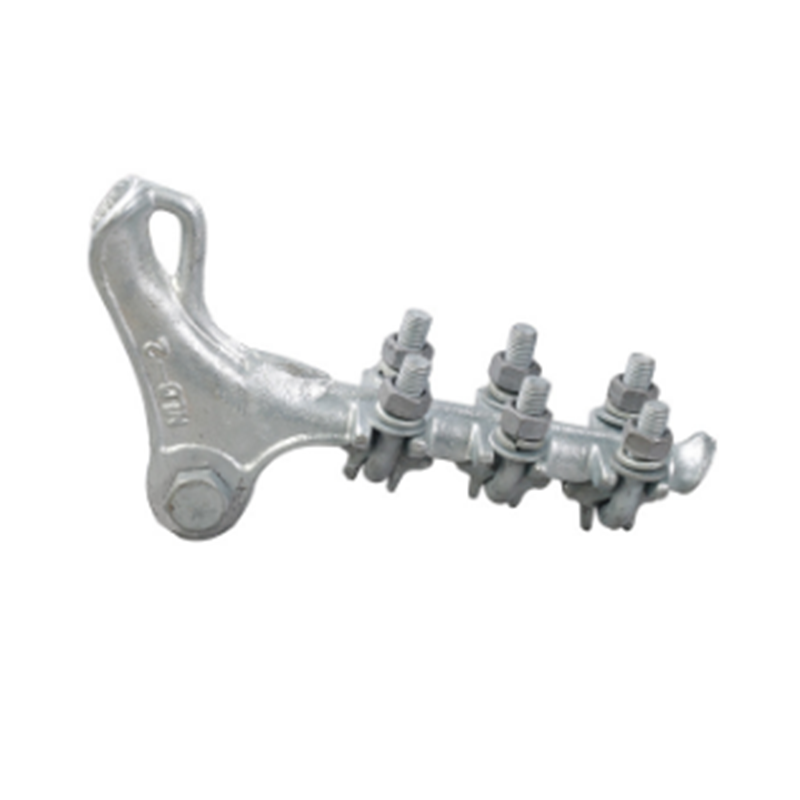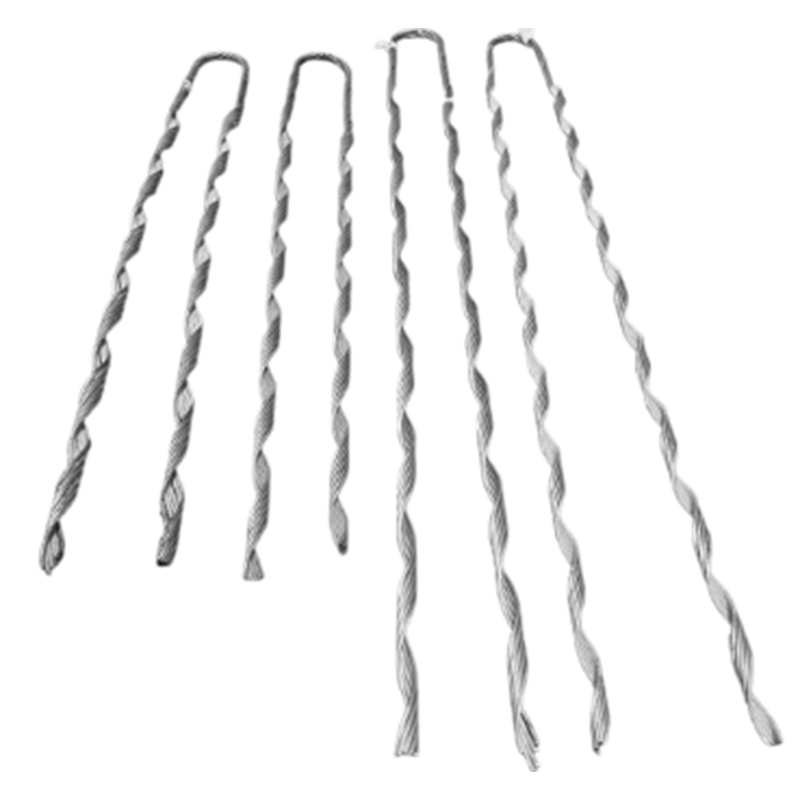- Chinese
- French
- German
- Portuguese
- Spanish
- Russian
- Japanese
- Korean
- Arabic
- Irish
- Greek
- Turkish
- Italian
- Danish
- Romanian
- Indonesian
- Czech
- Afrikaans
- Swedish
- Polish
- Basque
- Catalan
- Esperanto
- Hindi
- Lao
- Albanian
- Amharic
- Armenian
- Azerbaijani
- Belarusian
- Bengali
- Bosnian
- Bulgarian
- Cebuano
- Chichewa
- Corsican
- Croatian
- Dutch
- Estonian
- Filipino
- Finnish
- Frisian
- Galician
- Georgian
- Gujarati
- Haitian
- Hausa
- Hawaiian
- Hebrew
- Hmong
- Hungarian
- Icelandic
- Igbo
- Javanese
- Kannada
- Kazakh
- Khmer
- Kurdish
- Kyrgyz
- Latin
- Latvian
- Lithuanian
- Luxembou..
- Macedonian
- Malagasy
- Malay
- Malayalam
- Maltese
- Maori
- Marathi
- Mongolian
- Burmese
- Nepali
- Norwegian
- Pashto
- Persian
- Punjabi
- Serbian
- Sesotho
- Sinhala
- Slovak
- Slovenian
- Somali
- Samoan
- Scots Gaelic
- Shona
- Sindhi
- Sundanese
- Swahili
- Tajik
- Tamil
- Telugu
- Thai
- Ukrainian
- Urdu
- Uzbek
- Vietnamese
- Welsh
- Xhosa
- Yiddish
- Yoruba
- Zulu
- Kinyarwanda
- Tatar
- Oriya
- Turkmen
- Uyghur

Washing machine factory
The World of Washing Machine Factories
The Washing machine factory landscape isn't quite what most people imagine. There's this common misconception that these factories are just large, noisy places churning out identical products like clockwork. But the reality? Far more nuanced. At a facility like the Shengfeng Hardware Fastener Factory in Handan, precision and variety take center stage. Though primarily known for its fasteners, the insights here apply across the broader manufacturing industry.
Understanding the Core Operations
Walking into a washing machine factory, the first impression isn't chaos but rather the meticulous organization. Each segment of the assembly line functions like a symphony, where human skill and automated precision coalesce. Take the Shengfeng Hardware Fastener Factory, for example, where the production of washers and bolts involves rigorous standards and technical know-how.
Many think that automation means fewer people, but that's not exactly right. What it does is shift focus – the need for technical skills and problem-solving abilities increases. Workers might spend their days on the factory floor, but their minds are constantly engaged with troubleshooting and optimizing the processes.
Factory design is surprisingly strategic. Shengfeng is strategically placed near the National Highway 107, facilitating hassle-free logistics. Such geographic advantages allow for smoother distribution channels, a non-trivial aspect often overlooked when discussing factory efficiency.
Challenges in Quality Control
No matter how advanced, machines are not infallible. Issues can arise, and that's where stringent quality control measures come in. At Shengfeng, this means a focus on both input and output materials. Are the metals of the right grade? Are the washers adhering to standard sizes? Each stage of manufacturing has its checks—a failure at any point can lead to larger inefficiencies downstream.
Shengfeng’s adherence to quality is evident in their diverse offerings. With over 100 specifications across product lines, one can appreciate the complexity involved. Each type – be it nuts or spring washers – necessitates its unique production line, materials, and tests.
Real challenges often occur in unexpected areas, such as fluctuating input costs or the occasional equipment failure. The key is adaptability. A seasoned plant manager knows that a proactive approach can mitigate many of these issues before they even arise.
Impact of Environmental Regulations
In today's regulatory environment, sustainability is more than a buzzword. It's a necessity, and washing machine factories are no exception. Compliance with environmental standards impacts not just operations but also reputation and bottom lines. Shengfeng, situated in Hebei Pu Tiexi Industrial Zone, isn’t isolated from these regulations.
From waste management to emission controls, washing machine manufacturers are gradually rethinking operations. Efforts are underway to minimize carbon footprints, reduce energy consumption, and recycle process water, areas where Shengfeng also aligns their strategies.
While challenging, these regulations drive innovation. Think energy-efficient motors or water-saving designs. Often, competitive markets push companies to adopt greener solutions sooner than later, turning potential regulatory burdens into market differentiators.
Technological Advancements and Their Ripple Effects
Technological innovation has redefined what a washing machine factory looks and feels like today. Automation, data analytics, and IoT have each carved out their niches within the factory walls. Shengfeng has witnessed this first-hand even within its specialized niche in fasteners.
Imagine a conveyor belt that can self-diagnose issues or a robotic arm ensuring tolerances are met to the micron. These aren’t futuristic fantasies; they are present realities. Analytics help manufacturers optimize everything from maintenance schedules to supply chain efficiencies.
Yet with these advancements come challenges. There’s the expected training component but also a cultural shift toward technology-first thinking. Employees who once operated purely on experiential knowledge now have to blend that with data-driven insights.
The Human Factor
It's easy to get lost in the machinery and automation narratives and forget about the human side of manufacturing. What sets successful factories apart often lies in their workforce culture. Whether discussing Shengfeng or any other facility, worker satisfaction plays a crucial role.
Training, upward mobility, and creating a safe workplace environment can't be overemphasized. At the core, the human element remains central. Machines, after all, might build the products, but it's people who build the machines.
This balance is what makes the industry endlessly fascinating. You’re dealing with components of society—technology, labor, resources—all coming together to create something functional and essential. The washing machine factory is a microcosm of larger industrial trends, constantly evolving and adapting.
Соответствующая продукция
Соответствующая продукция




